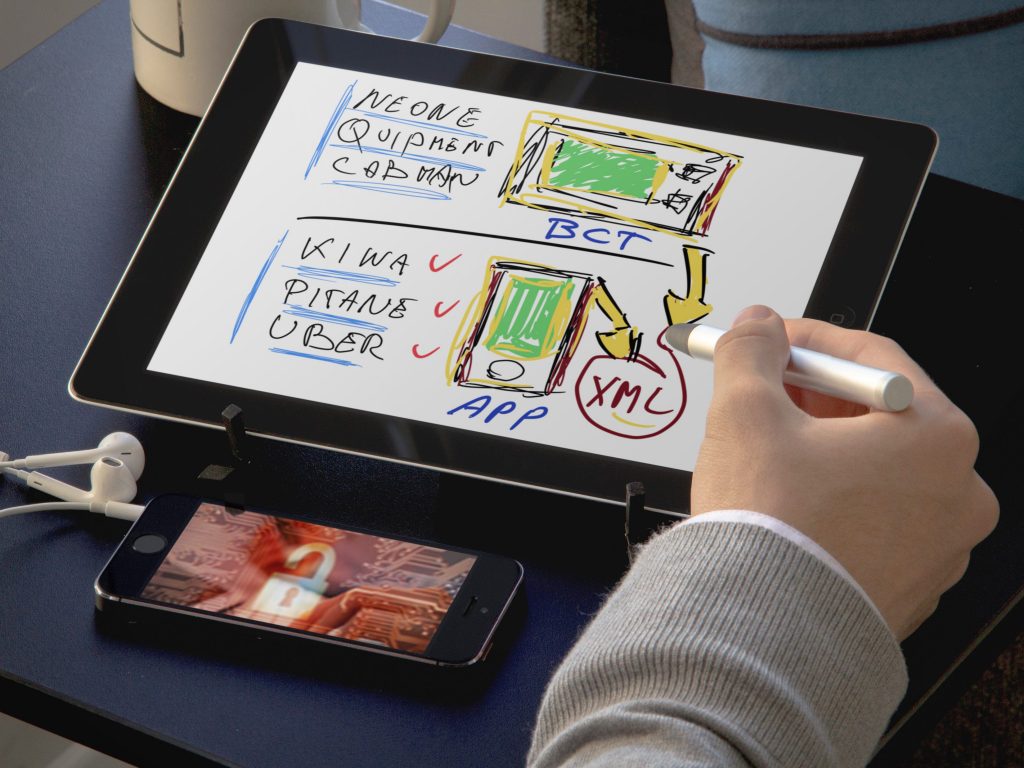Users of Vodafone SIM cards should not immediately worry.
The on-board computers in many taxis in the Netherlands still use the old 2G network in most cases. Because it will no longer be possible to use data communication via T-Mobile SIM cards on the 2023G network from June 2, many BCTs will no longer be usable without the necessary preventive measures.
Since June 1, 2021, T-Mobile had already started phasing out the 2G network and you may not have noticed that much because there is a good chance that you have a 3G, 4G or 5G phone. But for some, this information is still important, especially when you use outdated on-board computers in the taxi. They may still use data communications that only support 2G networks and that is the problem now.
Swapping the SIM cards to another higher 3G, 4G or 5G network is not obvious. Many BCTs only support the legacy network. Even if you recently bought an on-board computer, it may be that the device can no longer be used. Stopping support for 2G also applies to Ben and Tele2 customers. These providers fall under the T-Mobile Netherlands brand and use the T-Mobile network.
Vodafone
The 2G network has already been discontinued in many countries, but on-board computer manufacturers continued to offer devices that are only suitable for the phased-out network. In the Netherlands, the 2G network actually stopped on January 1, 2017. This meant that 2G phones no longer worked on the mobile network in the Netherlands and users had to use newer phones with 3G or 4G support to connect to the mobile network . Users of Vodafone SIM cards should not immediately worry, but will also have their turn.
Vodafone's 2G network will remain in any case until the end of 2024 and can therefore be a temporary solution to continue using the devices. Vodafone does have many business solutions that use 2G. Think, for example, of ATMs and smart meters. A 2G modem is often used for this. That is also the reason why Vodafone is looking at possibilities to supply 2G for longer.
M2M technology
The problems can be bigger than just the outdated on-board computers. M2M, short for Machine-to-Machine, is a technology that allows devices to communicate with each other and exchange data with a central server.
M2M technology is used, among other things, in the internet of things (IoT), where everyday objects such as household appliances, vehicles and medical equipment are connected to the internet. This technology makes it possible to work more efficiently and effectively, for example through automation and real-time monitoring of processes and equipment.

Transfer to other technology is of course possible. This new mobile application offers many possibilities, is relatively cheap to purchase and suitable for all networks and can be used by a taxi driver who wants to work with different taxi companies to offer services. The iOS and Android Pitane Mobility software is a 'native' app and 64bits, which means that it meets the latest requirements of both the AppStore and Google PlayStore.
Flanders
This solution is also very suitable for the Flemish market. A Pitane Driver license costs EUR 15 per month, including the mandatory link to Chiron and the web edition of the powerful Pitane Mobility software. The Pitane Driver app has many functions, including the registration of new journey orders by the driver on the road and the sending of the journey receipt to the customer. The new regulations that are in force provide that each holder of a new permit must pass on his/her trip data in real time to the Flemish Government.




